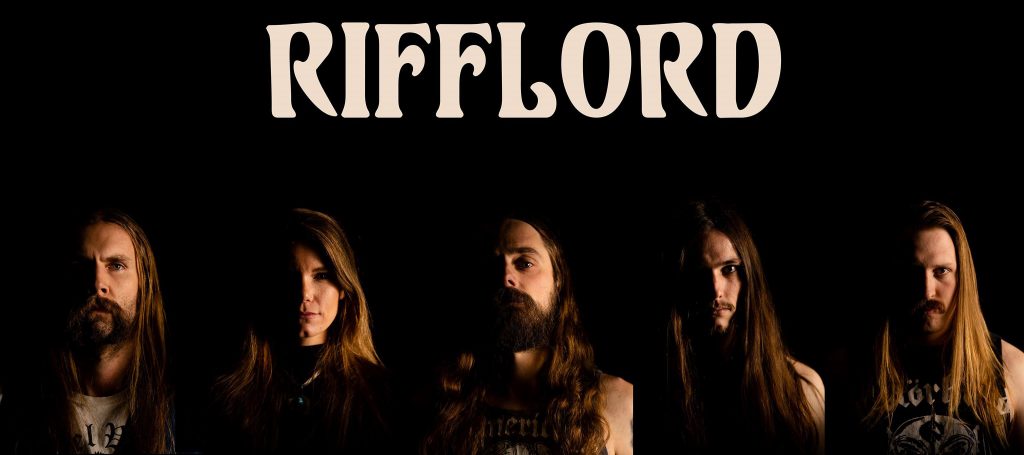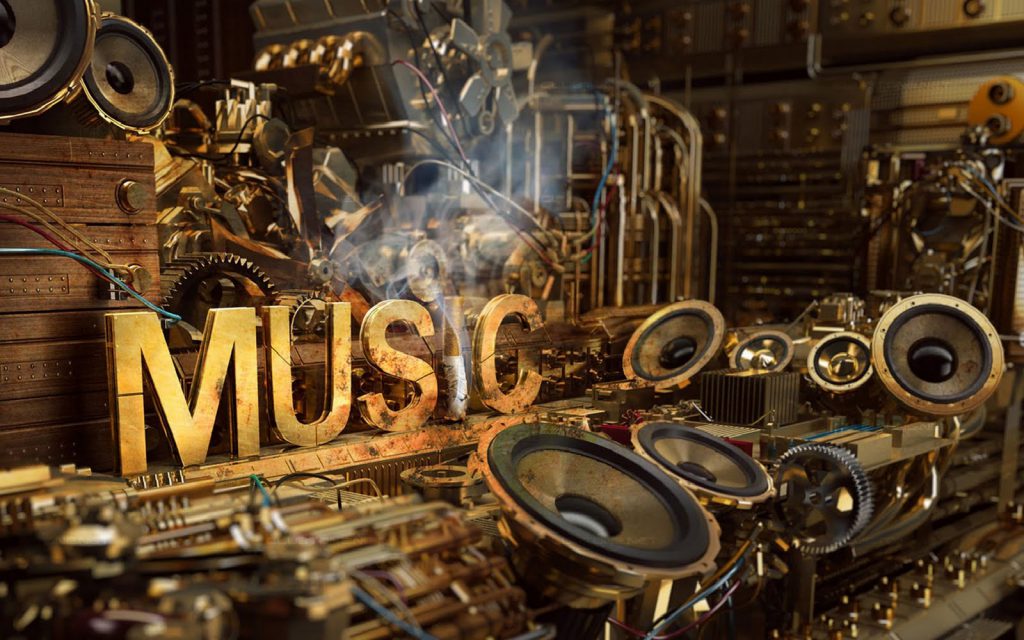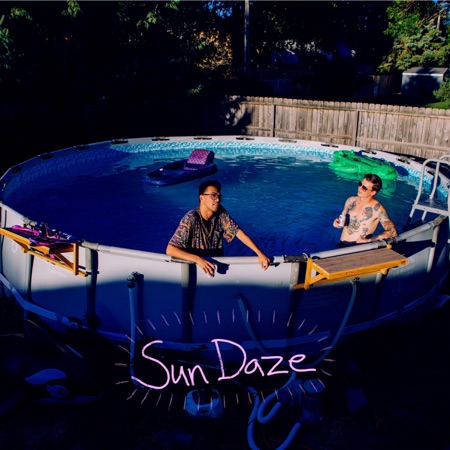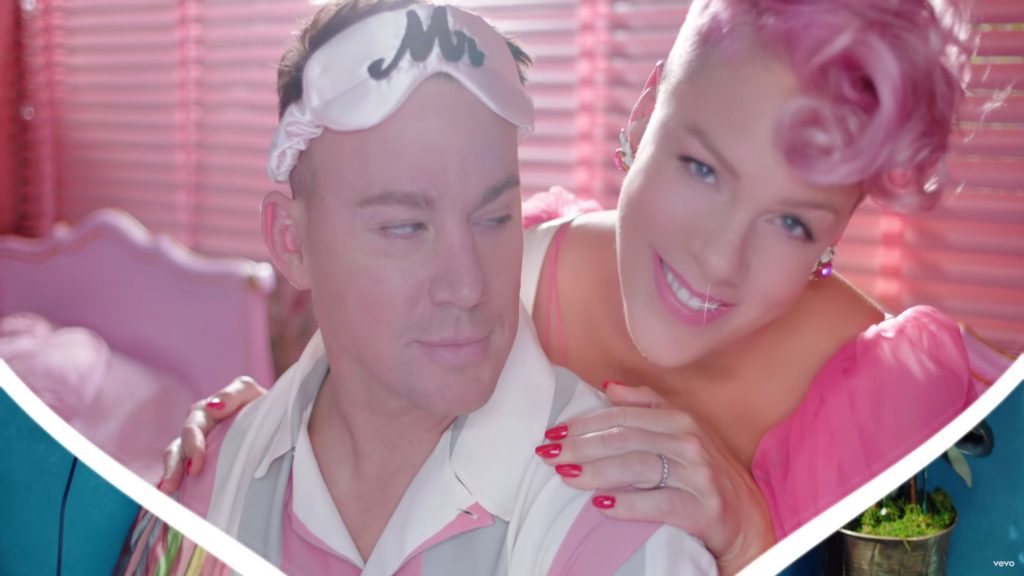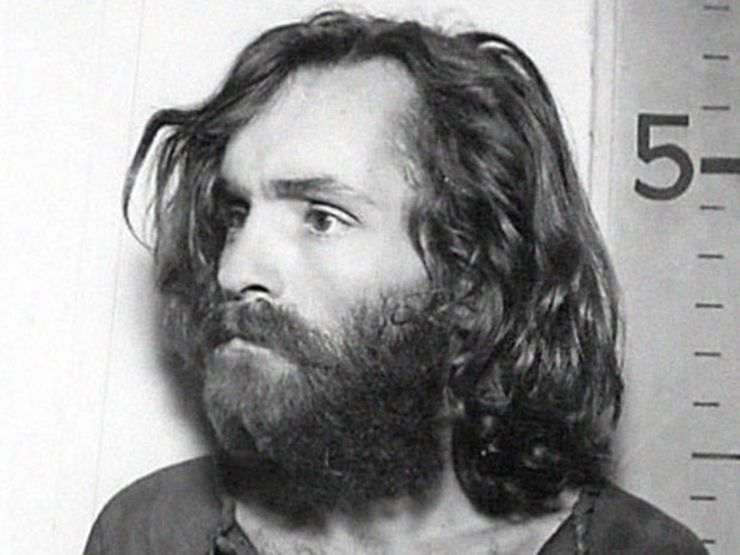Chuck D: ‘Hip-hop is about being who you are’
Written by Live605 on November 21, 2017
Chuck D, the Public Enemy founder on the importance of rap’s history, losing his father and how the Trump era might play out. Rapper, author, producer and activist Chuck D was born Carlton Douglas Ridenhour in Queens, New York in 1960. As leader of the rap group Public Enemy, he helped to bring politically conscious hip-hop into the mainstream; Public Enemy’s albums, including It Takes a Nation of Millions to Hold Us Back (1988) and Fear of a Black Planet (1990), stand as some of the most important hip-hop albums ever made. He has collaborated with many artists during his career, and is now a member of Prophets of Rage, with B-Real from Cypress Hill and former members of Rage Against the Machine. In 1999, Chuck D founded rapstation.com, a network of internet radio stations. One of its regular slots is “This Day in Rap and Hip-Hop History”, compiled by Duke Eatmon and Ron Maskell, and this has become a book: Chuck D Presents This Day in Rap and Hip-Hop History.
How did the book come about?
Well, there are a lot of urban myths about hip-hop and rap music. I’m about the facts, not the hype. In fact I wrote a song about that… It’s strange, but in this so-called information age, this so-called world genre of hip-hop needs a foundation of facts. People go to their phones, they go to Wikipedia or they go to social media. But they get a lot of opinion, as opposed to facts. Everyone has an opinion, but that leads to misinformation. This book was necessary for this particular genre of music. And you don’t make things happen by just wishing. You make things happen by doing them.
OK, I’m going to test you on a couple of dates. First up: 11 August 1973.
That’s the beginning of hip-hop as we know it, with Kool Herc. He hosted a party at his building in the Bronx for his little sister and that’s the epicentre of this art form. It’s not the epicentre of black music, it’s not the epicentre of music records, but it is the epicentre of hip-hop as an art form. His turntable experimentalism. How he made something out of nothing.
28 June 1988…
1988 was the year of my first daughter being born. It’s also the year of It Takes a Nation of Millions. I remember all my dates, the things that I do, the way that I go. I know my information.
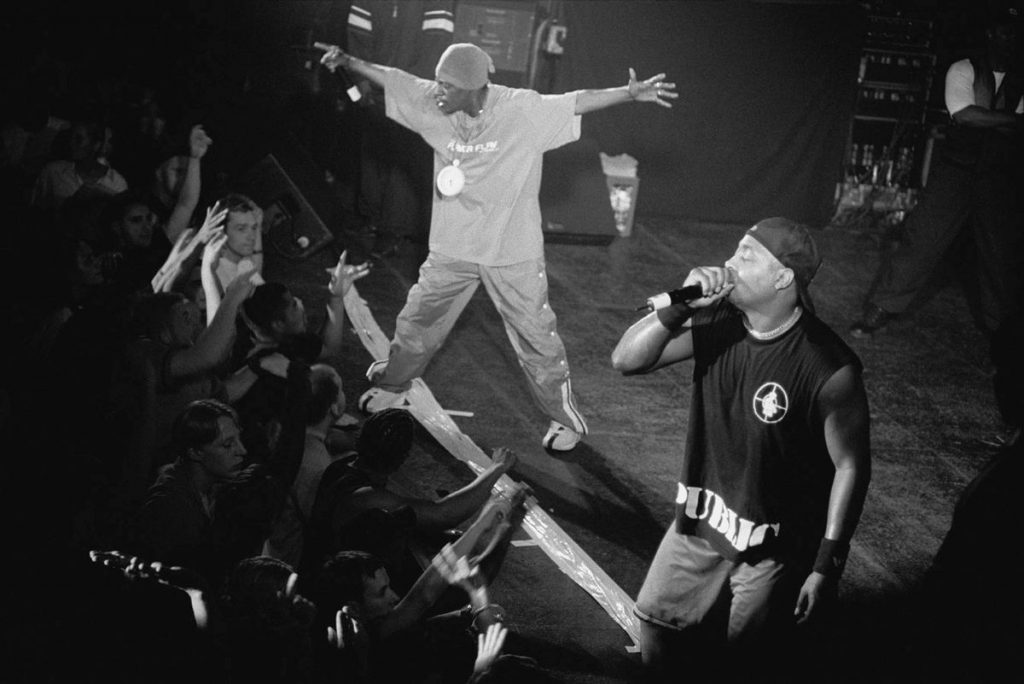
In the 90s, I saw you give a talk in Brixton, south London. You urged musicians, especially black musicians, to move on from being the “software” of the music industry into becoming the “hardware”. Do you think that has happened?
The case right now is that music is no longer one-dimensional. To be involved in music, you have to be on point with sight, sound, style and story. Those are the four elements that make up the art of music. It is the visceral art. If you look at the presentation of Rihanna, it’s about her artistry in all of those dimensions. Hip-hop has all those elements. At the start it was two turntables and a microphone, but it also had graffiti, breakdancing. All those aspects have been important and it goes into all those areas. But in these internet days, you have to get on your digital surfboard and ride the universe of cyberspace too.
You started in Public Enemy at a relatively mature age, 28, and even when you were a young man, you were described as the elder statesman of hip-hop. What were you like as a child?
I had a great childhood. I was the oldest of my siblings, so I had to be in charge of things, so maybe that’s where that elder statesman thing started. I was sporty as a kid, then, after I turned 20, I was more music. I found out that I wasn’t that good at sports: as you get older, the standards and levels of achievement rise. But I was a great respecter of the announcers on sports, they gave all the facts and the data, and because I love facts, I wanted to do that. Then when rap music came along in ’79, I knew that I could do it. I knew I had a powerful voice, I knew I had a style that could possibly work.
But, you know, I’ve been recruited in all stages of my career. I was always asked to join something and I always refused at first. Hank Shocklee [of the Bomb Squad, Public Enemy’s production team], Rick Rubin [founder of Def Jam, Public Enemy’s record label], Tom Morello [of Rage Against the Machine and Prophets of Rage], they all asked me and I told them all no at first, usually for around a year.
Why did you change your mind? You’re now performing with Prophets of Rage.
My father passed in February 2016 and then I realized that to say no to Tom would be the wrong turn. I had to try something new, as therapy. And once I knew my role was as the second MC to B-Real then, I thought that was perfect. I miss my dad. I miss the conversation, he kept me grounded when I was loose. I talked to him for 55 years. The silence is unbelievably powerful and the only way I can deal with it is by filling it by speaking powerfully.
OK, one more date. 12 November 1996.
You’re gonna have to help me out… Lil’ Kim’s first album? Yeah. Back then, the heads of those record companies hated women. And the same with gay rappers. Even though a lot of those executives, they might have been gay, they kept things hidden because of marketing. My argument was, and is, always the same: hip-hop is about being who you are, without trying to be somebody else, so if you try to silence those autonomous voices, that is not hip-hop. For some executive to say to an authentic artist: “Oh we don’t want to put out your art…” It’s contradictory to the ethos of hip-hop… It’s a tragedy. How can you become involved in a liberal art, which is what music is, if you have a conservative outlook?
Obligatory Trump question. How has your life changed since he became president?
My life has changed because I don’t have my father to go to talk about his ass. My father would not believe that we’ve dribbled down to this. I mean, this guy was third-page New York Post, he owned a failed football team [the New Jersey Generals] in a rogue league. I know this guy, I know where he came from, on every level. We’re from the same New York borough, Queens, just 12 years apart.
How long will he last? Originally I gave him until November 2017, but maybe I have to extend it a little… I think he’ll quit and he’ll give an excuse. Like Melania, he’ll use her as an out: “I want to stay, but my wife says we need more family time…” His ego is gonna keep him in the position for a while. It’s a disaster that’s pending.
What have you learned from your children?
My oldest daughter is 29. She is clear about telling her father what to do. She is totally in charge, she challenges me on everything I’ve taught her, she is always saying: “Well, Dad, if the shoe was on the other foot…” Children are a good thing. Being a parent stretches your life into something you could never conceive it to be.
You’re coming to the UK with Prophets of Rage. What do you like about it here?
You know, when Public Enemy started coming over back in the day, I was so surprised that there was such a thing as a press for music. Doing an interview in the UK, the level of detail of what I was trying to get out was really respected by the journalists and they put it into their writing. When you do an interview with a British journalist, it’s as an adult talking about adult things, and I appreciate that.
Information from this article was originally published by Miranda Sawyer on the Guardian

 SF News
SF News  Sunny Radio
Sunny Radio 